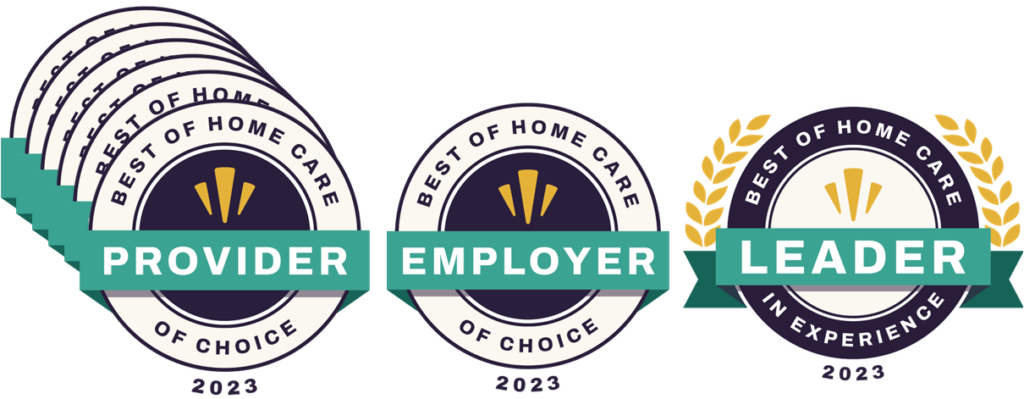As our parents age, their needs and abilities may change, requiring additional support to maintain their independence, safety, and overall wellbeing. Recognizing the signs that indicate they may need the assistance of a caregiver at home is crucial for ensuring their quality of life. Here are some important indicators to watch for:
- Physical Limitations: Noticeable difficulty with mobility, such as trouble walking, getting up from a chair, or performing routine tasks like dressing and bathing, could signal a need for assistance.
- Forgetfulness and Confusion: Memory lapses, confusion about time or location, and forgetting to take medication or attend appointments may suggest cognitive decline that requires supervision and reminders.
- Poor Nutrition and Hygiene: Neglecting personal hygiene, weight loss, or a disheveled appearance may indicate challenges with self-care, which could benefit from the support of a caregiver to ensure proper nutrition and hygiene.
- Increased Risk of Falls: Unexplained bruises, frequent falls, or an unsteady gait are red flags for heightened fall risk, necessitating supervision and assistance to prevent accidents.
- Neglected Household Tasks: Difficulty managing household chores, unpaid bills, or a cluttered and unkempt living environment may suggest that daily tasks have become overwhelming and require assistance.
- Social Withdrawal: A decline in social interactions, loss of interest in hobbies, or reluctance to leave the house could signal feelings of isolation and loneliness, indicating the need for companionship and emotional support.
- Changes in Mood and Behavior: Irritability, mood swings, or signs of depression and anxiety may indicate emotional distress stemming from the challenges of aging, which could benefit from compassionate care and companionship.
- Medical Conditions: Diagnosis of chronic illnesses, frequent hospitalizations, or worsening health conditions may necessitate specialized care and monitoring to manage medical needs effectively.
Ensuring that elderly parents receive the necessary support at home is essential for preserving their independence, safety, and overall wellbeing. By recognizing the signs that indicate a need for caregiver assistance, families can address their loved one’s evolving needs proactively.
However, it’s not uncommon for elderly individuals to resist acknowledging their declining abilities or the need for assistance. Pride, fear of losing independence, and denial are common barriers that may prevent them from seeking help. Consequently, family members must approach the topic with sensitivity and empathy, emphasizing the benefits of caregiver support in enhancing their quality of life and ensuring their safety.
In conclusion, recognizing the signs that indicate a need for caregiver assistance is crucial for supporting aging parents in maintaining their independence and wellbeing at home. By addressing their evolving needs with compassion and understanding, families can ensure that their loved ones receive the support and assistance they require to thrive in their golden years.

